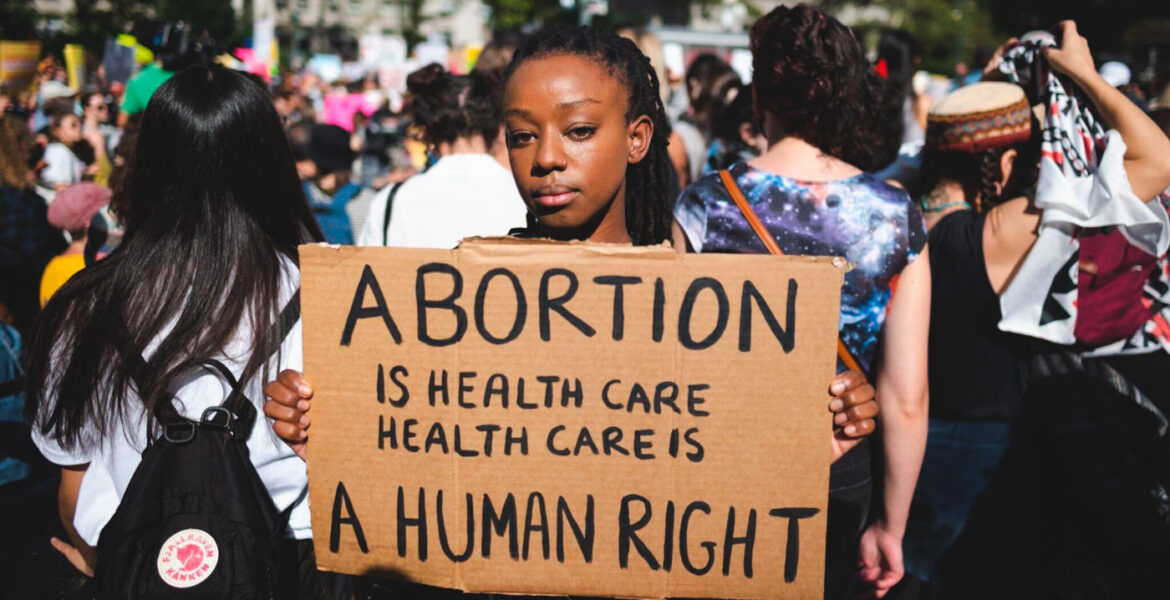The Nigerian Senate on October 26 suspended consideration of a controversial bill seeking to impose a 10-year jail term for abortion-related offences, following heated debate among lawmakers over what constitutes an “unlawful abortion.”
The bill, titled the Criminal Code Amendment Bill 2025, was introduced by Senate Leader Opeyemi Bamidele and aims to update sections of Nigeria’s Criminal Code Act to reflect modern realities. It also proposes stiffer penalties for sexual offences such as defilement and sexual assault.
The initial recommendation by the Senate Committee had pegged the punishment for sexual assault at five years, but an amendment increased it to 10 years. However, deliberations became heated when the chamber turned to the section of the bill seeking to raise the penalty for supplying drugs or instruments used to procure abortions from three years, as currently stated in law, to 10 years imprisonment without an option of fine.
Divided opinions in the chamber
Lawmakers were divided on how to determine when an abortion should be considered unlawful. Some senators argued that abortion might sometimes be medically necessary to save the life of a pregnant woman, while others noted that economic hardship and other circumstances could compel women to make such decisions.
Kwara Central Senator, Saliu Mustapha, cautioned that certain abortions might be justified on health or religious grounds and should not be automatically criminalised. Bauchi Central Senator, Abdul Ningi, shared similar concerns, warning that the proposed amendment could discourage medical practitioners from providing life-saving care to women with complications.
After a prolonged debate, Senate President, Godswill Akpabio, intervened and proposed that the contentious clause be stepped down for further consultation. The motion was adopted through a voice vote.
The Senate subsequently referred the bill to the Committee on Judiciary, Human Rights, and Legal Matters for additional legislative input and directed the committee to report back within two weeks.
The senator representing Kogi Central, Natasha Akpoti-Uduaghan, confronted Akpabio to allow her to speak on the matter. She said as a woman, abortion is a matter that directly concerns her. However, she was not allowed because of an objection by another senator, Adams Oshiomhole, citing Senate rules that bar reopening concluded debates.
What the bill seeks to change
Abortion in Nigeria remains largely restricted by law and is only permitted when performed to save the life of the pregnant woman. The country’s legal framework on abortion is primarily derived from the Criminal Code Act, applicable in the southern states, and the Penal Code, applicable in the northern states.
Currently, under the Criminal Code Act applicable in southern Nigeria, a woman who unlawfully procures her own miscarriage faces up to seven years imprisonment, while anyone who assists faces up to 14 years. Supplying drugs or instruments for abortion attracts up to three years imprisonment.
The Criminal Code Amendment Bill seeks to increase penalties for abortion-related offences and clarify the legal definitions surrounding them.
In the northern states, the Penal Code contains similar provisions but allows abortion “in good faith for the purpose of saving the life of the woman.” This is the only broadly accepted exception under Nigerian law.
The proposed amendment seeks to stiffen penalties but does not yet define “unlawful abortion,” raising concerns that even medically justified procedures could be punished.
Current legal and health context
Acoording to Nigeria’s abortion laws, abortion is permitted only when necessary to save a woman’s life, leaving no clear legal pathway for cases involving rape, incest, or severe fetal abnormalities.
Because of these restrictions, many women resort to unsafe abortions, often performed by unqualified individuals or in unsanitary conditions. According to the Guttmacher Institute, hundreds of thousands of unsafe abortions occur annually in Nigeria, contributing significantly to the country’s high maternal mortality rate.
Health experts have warned that increasing criminal penalties without addressing the underlying causes including limited access to contraception, poor healthcare infrastructure, and social stigma could worsen the public health crisis.
What happens next
The Senate’s Committee on Judiciary, Human Rights, and Legal Matters has been tasked with reviewing the bill’s language, especially regarding the definition of “unlawful abortion.” The committee will consult stakeholders and report back within two weeks.
If the committee returns with agreed recommendations, the bill will return to the floor for further debate and possible passage. If consensus remains elusive, the abortion clause may be deleted altogether while other provisions on sexual offences are passed.
While the bill aims to modernise the criminal code, experts warn that unclear or overly punitive abortion laws could drive could drive more women toward unsafe procedures and worsen maternal health outcomes.
Meanwhile, recent judicial developments also point to a potential shift. In June 2025, a Federal High Court in Abuja affirmed that unplanned pregnancies resulting from rape, incest, and other forms of sexual violence constitute a violation of the rights of women and girls to physical and mental health.
As it stands, the fate of the abortion clause remains uncertain, pending the Senate committee’s report. But this debate has once again reignited questions about how far Nigeria’s laws should go in regulating women’s reproductive choices in a country where unsafe abortions are one of the leading causes of maternal mortality, contributing up to 15 per cent of maternal deaths.
Originally written by Nanji Nandang Venley
What to know about Nigeria’s abortion bill suspended by Senate


